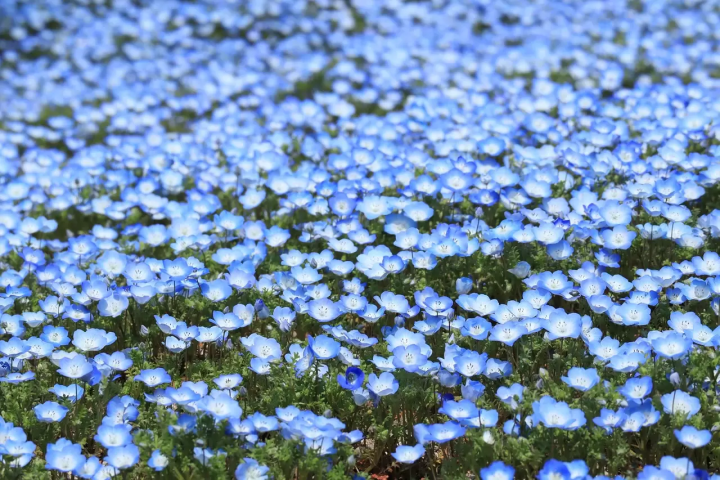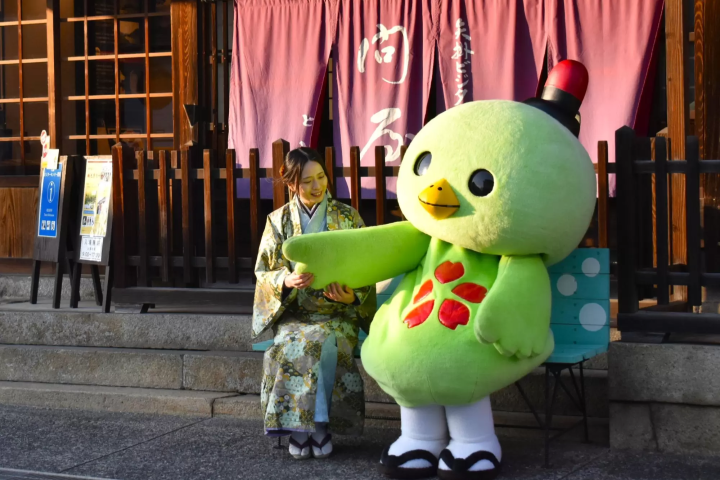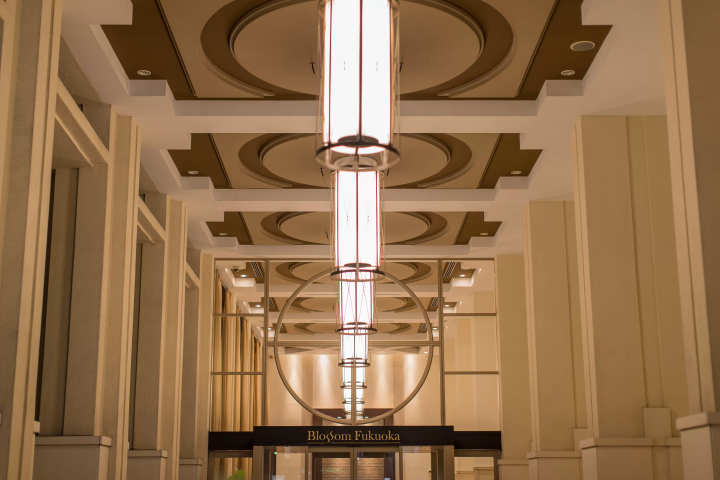Tsuyu (Rainy Season) - Japanese Encyclopedia

From May to early July is the rainy season in Japan. This season is called "tsuyu" in Japanese. In this article, we explain what you want to be careful of during this season, as well as attractions you can only enjoy during this time.
What Is Tsuyu?
In Japan, the East Asian rainy season is called "tsuyu" (or "baiu"). In Japan, the rainy season generally comes around from May to July every year, and during that season the country has many cloudy and rainy days. Tsuyu starts from the southernmost Okinawa, and slowly starts to rise to cover the whole country. However, there is no rainy season in Hokkaido and the Ogasawara Islands.
The rain falls differently depending on the region. Western Japan sees many strong sudden showers, so the rainy season is called "yosei tsuyu", while the rain in eastern Japan often goes back and forth between raining and not, and is called "insei tsuyu".
The Origin Of The Word And Things To Be Careful About

Tsuyu is written as "rain of ume (plum tree)" in Japanese characters. According to one theory, these characters were chosen because the rainy season comes when the ume ripens. Also, "tsuyu" (season) has the same pronunciation as "tsuyu" (dew), which refers to the droplets of water formed by condensation. The word for "dew" may have come to have the same pronunciation because it can often be seen during the rainy season.
In Japanese, the transition to the rainy season is called "nyubai". The end of the tsuyu season is called "tsuyuake" or "shutsubai". Japan has a humid climate, but during the rainy season, the humidity level rises even higher, and bacterias like mold form easier.
The tsuyu season is a rainy one, but that doesn't mean it rains all the time. There are periods when there are consecutive sunny days, and such periods are called "tsuyu no nakayasumi" (temporary periods with no rain). On sunny days during tsuyu, temperatures can rise while the humidity level is still high, so people must be careful of getting heatstroke. On the other hand, when there are consecutive rainy days, the temperature may drop rapidly. It's a season during which you must be careful of your health.
If you're planning on visiting Japan during the rainy season, you should remember to bring rain wear, as well as cold-preventing medicine.
Enjoy the Rainy Season
As it's a rainy season, you might not want to go outside and explore. But there are many appealing attractions exclusive to this season.
Hydrangea, originally from Japan, bloom profusely around June when tsuyu comes around. The pink, blue, and purple hydrangeas in full bloom in the dim light in the rain are a very elegant sight.
Meigetsuin Temple in Kamakura, Kanagawa prefecture, is a highly popular spot to see these flowers, and is also known as the "Hydrangea Temple". It is said that there are approximately 2,500 hydrangeas on the grounds.
There are other temples around Japan that are known as "hydrangea temples", as well as paths called "hydrangea trails". It might be fun to find and check these out as well.
Also, frogs go perfect with rain, so you will find many frog-themed items on sale during this season. Maybe you'll find green frog-decorated stationery or tableware, as well as ornaments and stuffed animals. There are many people who collect these frog items.
Also in recent years, many people have begun to enjoy dressing up in fashionable rainwear on rainy days. There are various types of raincoats and rain boots, as well as umbrellas to choose from, so you're sure to find something you like. Enjoy the rainy season!
日本への訪日外国人の方が、もっと増えますように!









































![[2026 Latest] Dogo Onsen and Matsuyama Castle 1-night, 2-day trip by express bus from OCAT](https://resources.matcha-jp.com/resize/720x2000/2026/02/02-257354.webp)